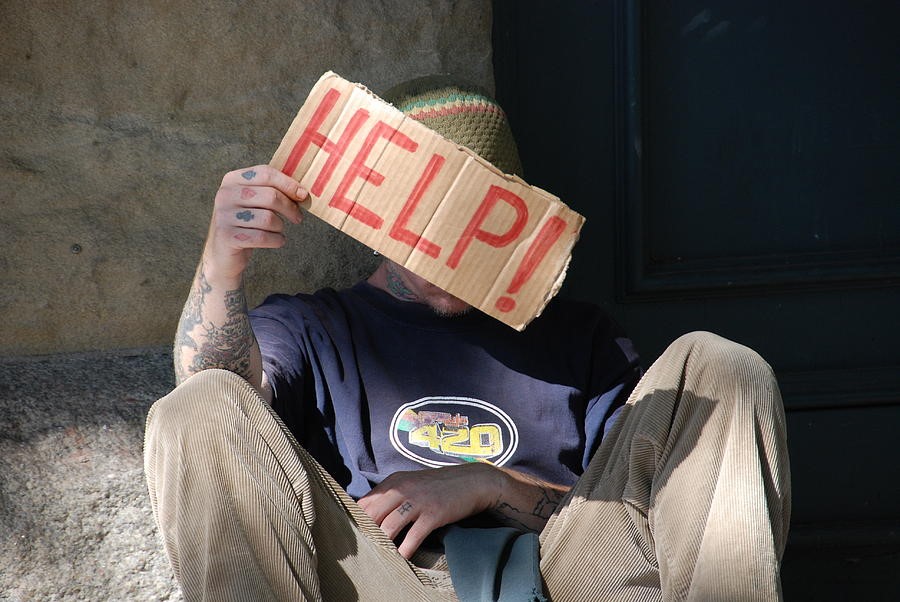
To listen to today’s reflection as a podcast, click here
For multitudes of individuals and organizations, the holidays have become the season of compassion.
But how do we help without hurting?
That question has consumed Robert Lupton, author of the bestseller Toxic Charity, for more than 50 years.
In his work as a community redeveloper in Atlanta, Lupton began to notice that many of the classic ways in which “better-off” people help “needy people” actually perpetuate the very conditions of poverty everyone hopes to eradicate.
Americans are, hands down, the most generous people on earth. Our nation’s relief agencies regularly provide heroic support in the wake of crises such as earthquakes, floods, and famines.
But there’s a world of difference between short-term crises and long-term needs. When a chronic need like generational poverty is addressed as a crisis response, people are harmed.
Lupton illustrates what happens when one-way-giving is our only strategy:
Give once to someone and you elicit appreciation.
Give twice to that same someone and you generate anticipation.
Give three times and you create expectation. “When will you be back with more gifts?”
Give four times and it becomes entitlement. “I’d rather have a canned ham this Thanksgiving than a turkey.”
Give five times and you establish dependency.
“That’s why the poor remain poor,” says Lupton. “Dignity is eroded when people come to view themselves as charity cases for wealthy visitors.”
There are better ways to go forward.
The world has been blessed with multitudes of “doing for” programs. But what the world most needs is “doing with” partnerships.
Lupton laments that all too often we settle for Betterment, when the greatest need is Development.
What’s the difference? Betterment does for others, while Development enables others to do for themselves. Betterment improves conditions, while Development improves long-term capacities. Betterment, as the old saying goes, gives someone a fish, while Development teaches someone how to fish – and, just as importantly, teaches someone to be ready for the day when the fish stop biting.
Instead of seeing others as “people in need,” he advocates that we treat our fellow citizens as “people with resources.”
Everyone has something to contribute. Everyone can bring something to the table.
Even people in dire need are blessed with talents, abilities, and insights – often powerful spiritual assets – that can be part of a creative human exchange. Our aim must be to address chronic conditions in ways that empower those we are helping, instead of robbing them of initiative and personal dignity.
The strategy is called ABCD – Asset-Based Community Development.
It takes a lot more time than writing a few checks or dropping off a basket of food. But it’s the best hope for the actual transformation of human lives.
Lupton and his fellow workers have pledged themselves to a kind of Golden Rule for Helpers: I will never do for others what they can do for themselves.
He observes, “Giving to those in need what they could be gaining from their own initiative may well be the kindest way to destroy people.”
Then he adds, “the struggle for self-sufficiency is, like the butterfly struggling to emerge from its cocoon, an essential strength-building process that should not be short-circuited by ‘compassionate’ intervention.”
That’s hard for some of us to fathom, especially if we have always assumed that loving our neighbors means helping them do anything and everything.
But becoming wise enough and humble enough to help without hurting is the real key to living out Jesus’ command to love.
